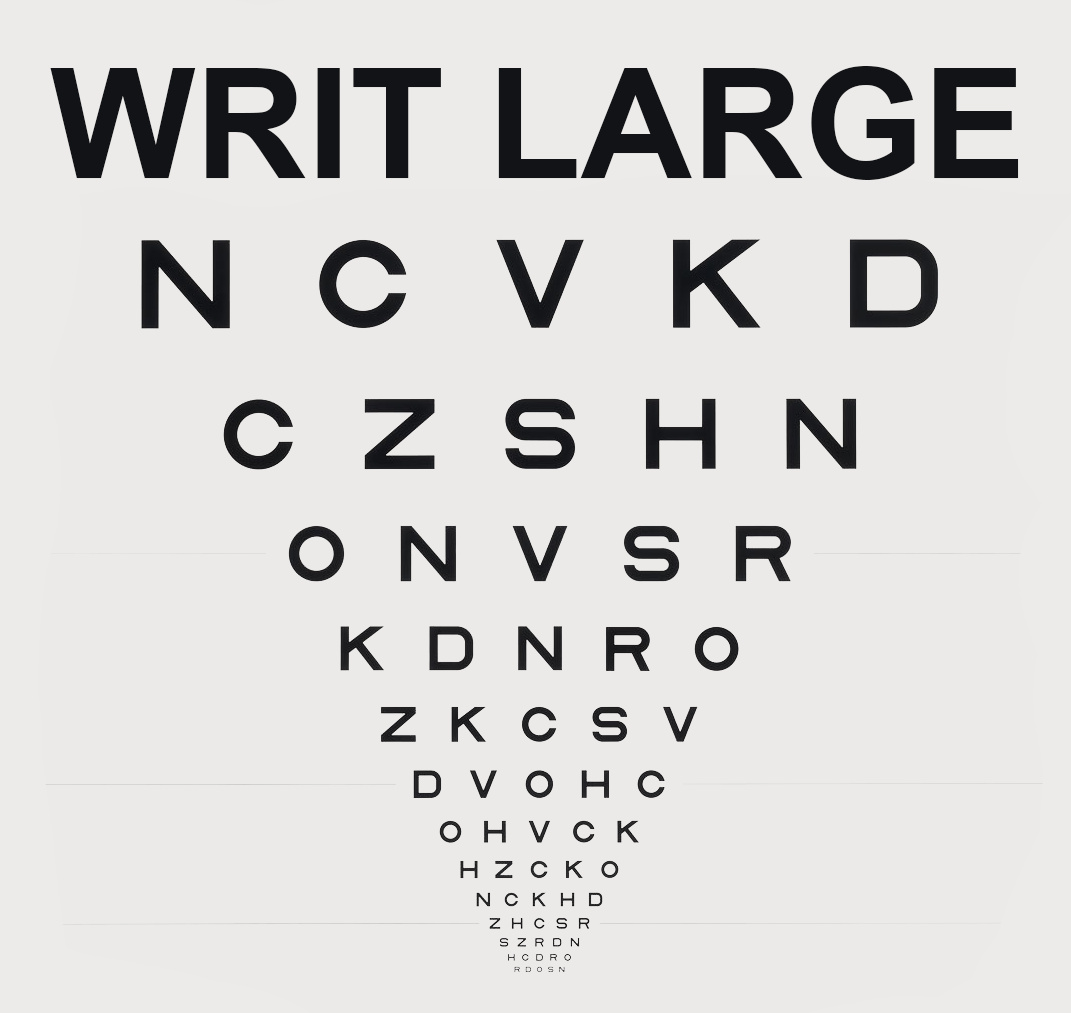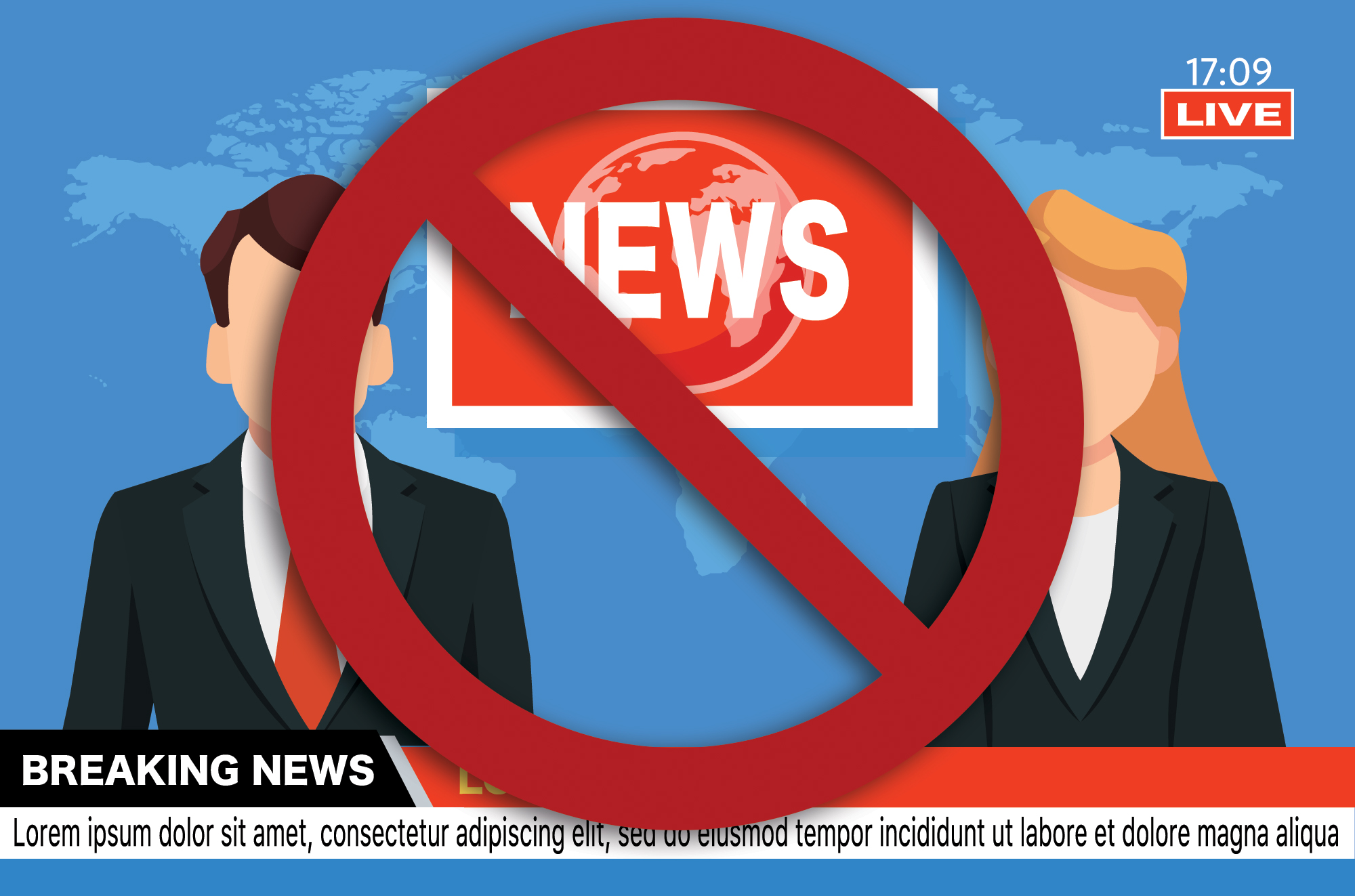It’s been a while since I’ve griped about TV news. Eighteen months and 16 days to be exact. That’s because I’ve been on a diet – a kind of Golo for news junkies. But who can stick to a controlled viewing plan when the world is standing on its head?
At the time of my last “rant” I took up arms to combat the over-usage of metaphors that permeated TV broadcasting. In addition to a diminishing tolerance for cliches, I resented their repeated usage because they were downright intimidating. Their use is supposed to signal that the person using them is an up-to-date expert. The user is “in,” part of the cognoscenti, and if you didn’t connect with the metaphor, you were so not!
At the time of writing the cable news networks were rife with expressions such as “low hanging fruit,” “wheelhouse,” “band width,” “playing Whac-a-Mole,” and “hyperbole,” to name but a few.
I have no idea how these words became popular, but I have my suspicions. Perhaps once a year, representatives from the business and news media hold their annual “Edgy Word Convention” at a large venue, maybe Madison Square Garden or Yankee Stadium if the weather’s good. After days of meeting in small groups they come together to vote on a fresh list of buzz words aimed at cleverness, which is then disseminated to all the talking heads with instructions to begin use immediately.
I know my little fantasy is not plausible, but I’m at a loss to explain how these expressions permeate newsprint and TV with such widespread usage.
Now that I’m tuned in once again, I’m happy to report that most of last year’s least-wanted list has fallen into disuse. Apart from “hyperbole,” which President Biden insists on keeping alive to assure us that his remarks are sincere and not the “h” word.
But alas, a new expression has emerged to fill the void. Ladies and gentlemen: permit me to introduce writ large.
Writ large. Was I tuned in to CNN, MSNBC, Fox News, or Oprah the first time I heard it? No matter. But I do remember experiencing a kind of aural double-take, not convinced of the words I was actually hearing. Did it mean something that was printed in big letters, like the first line of an eye chart? If so, what did the reference to the first line of an eye chart have to do with the inability of Republican congressmen to choose a new leader? There it was again, the intimidation factor!
Soon everyone was saying it. Statements ending with the phrase “writ large” were flourishing on my TV screen. And once more, it felt like I was the only one at the party who didn’t get the punch line.
What holds the ego together at moments like this is the belief that one is not alone. In all my years of conversing, and they are many (I was an early talker) I don’t recall any of my discussion partners including the phrase in their discourse. Whether we were talking about our next salon appointment, or something more serious, each conversation was remarkable in the absence of writ large!
So where do they come from, these most recent buzz words? Wanting to join in the laughter, I was motivated to conduct a bit of research, and here’s what I found.
The phrase writ large means that something is clear and obvious.
Writ is an archaic form of “written.” So, one can understand the idiom writ large as something written largely or magnified. (So, I wasn’t far off when I likened it to the first line of an eye chart!) However, it should always be used in reference to a specific noun, used after said noun as an appositive and not as a verbal phrase.
I admit to having to look up the definition of “appositive,” but I am now armed and ready to catch any talking head trying to appear au courant but using the phrase incorrectly!
And, just in case you plan on adopting the expression for use in your own banter, I offer the following examples:
For political discourse:
Chaos prevails in Congress writ large.
For everyday gossip:
Martha has had botox writ large.
The Robinsons have lots of money writ large, and they know how to spend it!
My son, the doctor, was the brightest in his class writ large.
Now that I have laid to rest my curiosity about writ large, another question emerges. Is there such a thing as writ small?






This blog is writ funny.
When the sentence has the same meaning with or without the extra words, lose them!
From your lips to broadcasters’ ears.
So complicated. Let me see if I “can unpack it.”